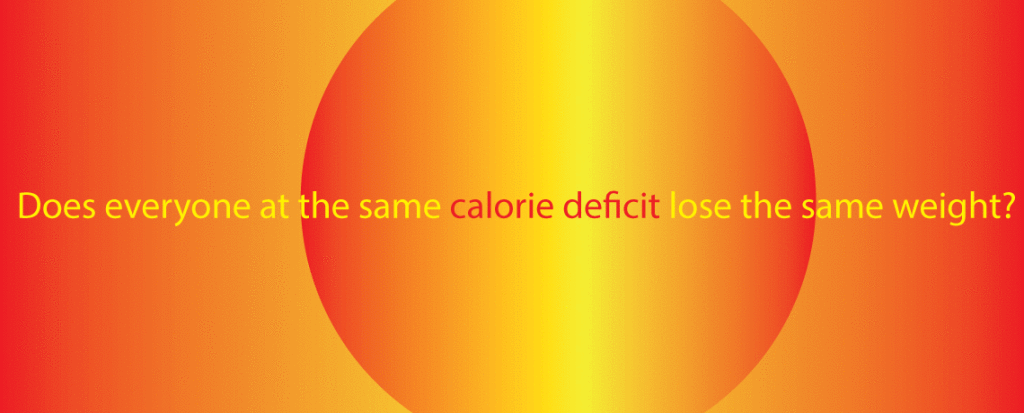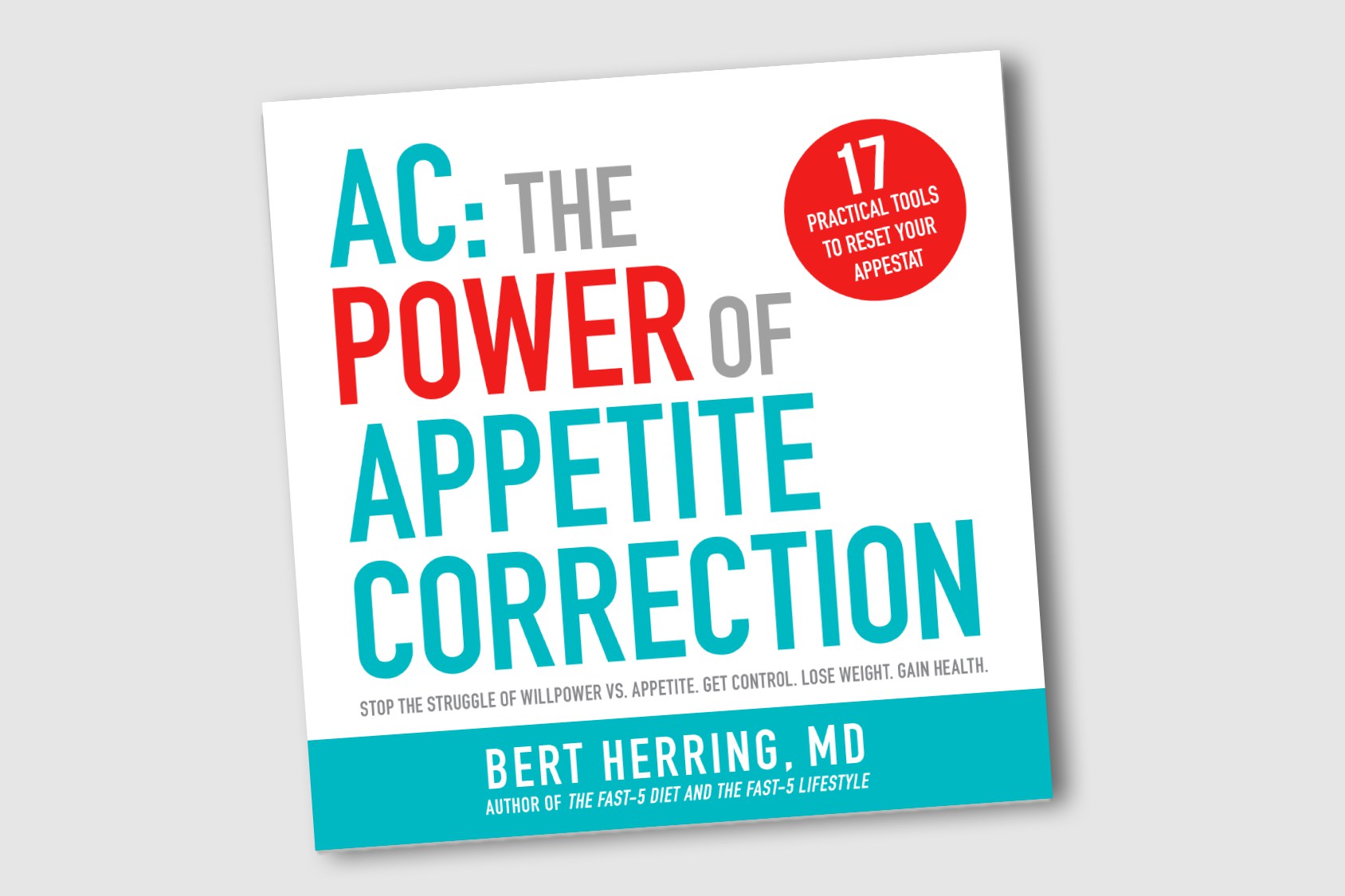 A recent article in Diabetes demonstrates that humans taking on similar amounts of calorie restriction wind up with different amounts of fat loss. I’m sure it’s no surprise to most of you that women tended to be at the thrifty end of the spectrum and men were at the spendthrift (not thrifty) end, with some overlap in the middle. Note: the commonly used dietary “Calorie” is equal to 1 kcal, so 3500 kcal = 3500 Calories.
A recent article in Diabetes demonstrates that humans taking on similar amounts of calorie restriction wind up with different amounts of fat loss. I’m sure it’s no surprise to most of you that women tended to be at the thrifty end of the spectrum and men were at the spendthrift (not thrifty) end, with some overlap in the middle. Note: the commonly used dietary “Calorie” is equal to 1 kcal, so 3500 kcal = 3500 Calories.
One of the more interesting aspects of the study was the change in energy expenditure measured in response to fasting, which reduced energy expenditure from 5 to 12 percent. Overfeeding increased energy expenditure from zero to about 7.5 percent.
The researchers found that contrary to the widely accepted guide of a 3,500 kcal deficit being required to lose one pound, the calorie deficit required for these 12 obese test subjects to lose a pound with a fairly austere 50% calorie restriction diet was substantially less, from 1558 to 2993 kcal.
The study also pointed to previous research that confirmed another point the general public might find obvious: that people differ in how much fat they gain when they overeat. When a group of nonobese adults was overfed by 1,000 kcal per day for eight weeks, the individuals gained from 0.36 kg to 4.23 kg — more than a tenfold difference between the lowest weight gainer and the highest. The overfeeding increased basal metabolic rate (BMR) by about five percent, which was only enough to burn off about eight percent of the excess calorie intake. The rest of the difference came from different levels of non-exercise activity thermogenesis (NEAT), which means that those who avoided the largest fat gains burned off some of the excess fuel by increased non-exercise activity: walking, standing, fidgeting—instinctively moving more, not as a conscious effort. The researchers pointed out that once again, the women involved in the study were the leading gainers.
The studies help confirm the widely held impression that women tend to be more efficient at storing fuel and are less likely to burn off excess intake easily. I think for many women, this can be reassuring—it’s biology, not just you. Anyone wanting to increase non-exercise activity can do so by increasing awareness. If you find yourself sitting still or leaning back on a sofa or recliner, sit up and move something—anything—so that you’re only truly still when you’re asleep. Try for movements that are more substantial than moving your computer’s mouse, but if that’s all you have, you can adjust your settings so it takes more movement to move your mouse across the screen. These studies highlight the fact that people are quite different in their response to an excess of food, and with all the screen time people get at work and home, it’s essential to keep moving.
When you get that urge to get up from your desk and do something, it may not be your ADD acting up after all—it may be your body trying to burn off the excess calories you ate. Take the urge seriously. Maybe you can get up and do something standing, or have a walking meeting.
What else can you do (or do you do) to add NEAT to your day?


1 comment
So fasting reduces your metabolism ?